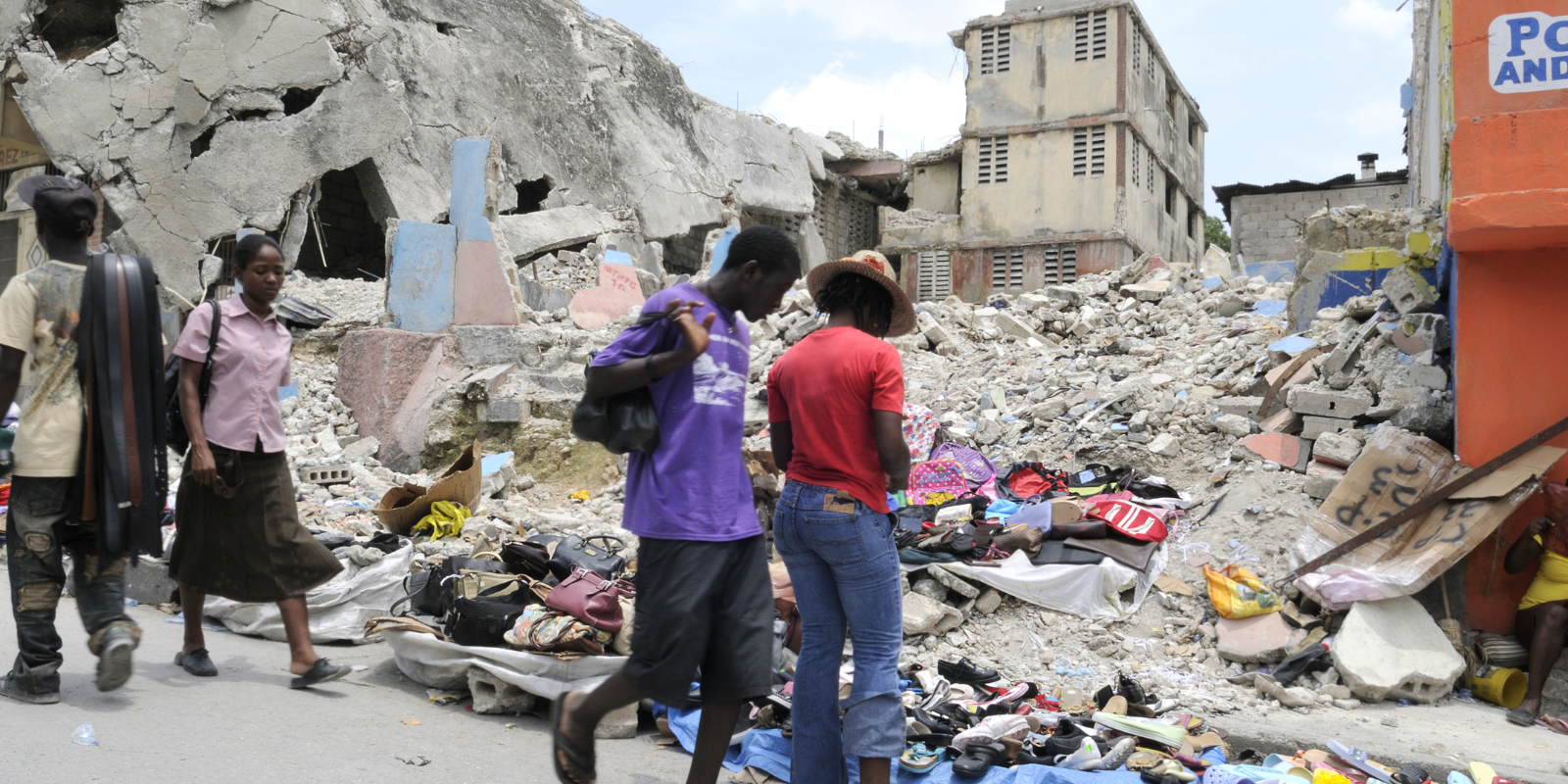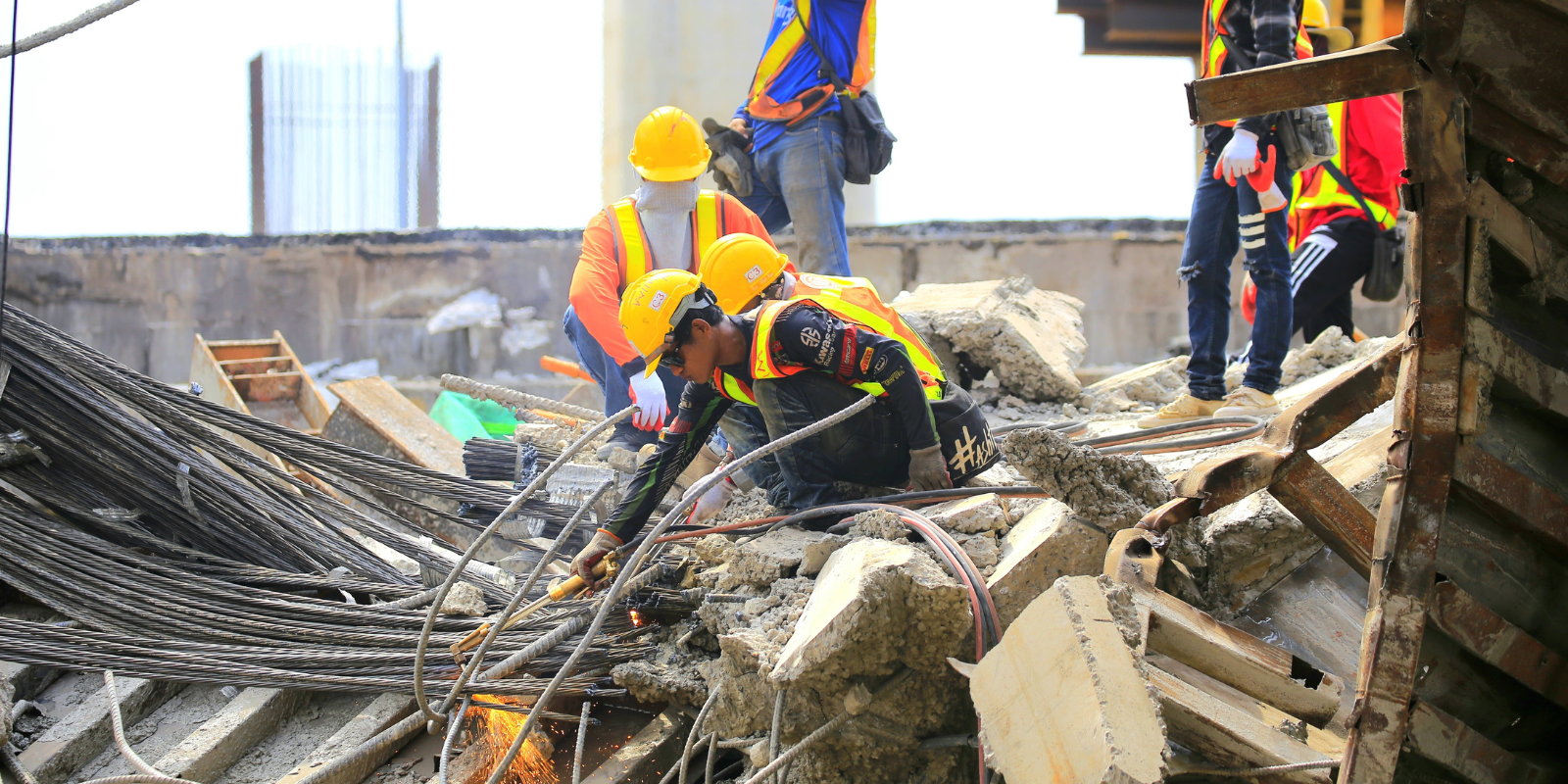The Virtual Dementia Tour helps participants understand what it’s like to live with dementia. Is there anything you would like the general public to know about dementia?
I've heard about experiences like your immersive session, so I very much agree with the value of a virtual dementia tour. Dementia is scary to experience, so I think it's so valuable anytime we can have just a taste of how disorienting, frightening and confusing it can be. It really helps when we're in a situation where we may notice that a friend or someone we care about might be developing symptoms consistent with early dementia. It gives us compassion and can help us be present in ways that ease the scariness of not knowing what your environment is like.
My mom now has moderate dementia. As an example, even though she knows she doesn't drive, she will walk to the driver's side and open the driver's door. So, we just gently direct her to the car door where she's to sit in.
I think that awareness that we can help make the space more comfortable is so important, and we can do that by simplifying our environment. Perhaps it is turning off music or a TV. For someone with dementia, it’s figuring out what used to be normal – such as multitasking – and now realizing it becomes confusing if there are too many stimuli.
It is also important to recognize how hearing impairment can worsen confusion in dementia. Even if someone is not able or interested in wearing hearing aids, I advise my patients to consider buying a personal amplifier. The person wears a headset and there's a microphone. That really helps improve the person’s ability to focus on talking with someone. I think that's one tangible example that might make it more possible for the individual with dementia to focus in on the conversation.
Is it difficult to diagnose dementia?
For primary care clinicians who may not see that many individuals who currently have a diagnosis of dementia, it can be. One resource is the Colorado Alzheimer's Disease and Related Dementias state plan. As part of that plan, we developed an e-learning module to help provide practical training for primary care teams across Colorado. The teams use the module to improve their skills to diagnose dementia as well as help with risk reduction of dementia. Once dementia is diagnosed, there is training to help with care planning.
So far, we do not have routinely available biomarkers for all types of dementia. It really is a time-intensive interview, often with a care partner or a key informant who knows what things are like at home. Lab tests and imaging may also help put all of the pieces together to determine if someone has dementia – which is a brain disease that is expected to get worse and affects the person's ability to function because of changes in their memory and thinking.
Are the majority of caregivers for people with dementia family members, or someone related to the patient?
Caregivers are of all different ages and have lots of different relationships to a person with dementia. It is common that they may be a spouse or partner. It’s also common that they may be adult children. And then increasingly we're realizing that it takes a whole village of support. There can also be a direct care worker that provides paid assistance coordinated by the person with dementia or a family caregiver.
Is there one thing that you wish you could tell all caregivers of dementia patients?
That we see you. And dementia caregiving is hard, and changes over time. I hope there are ways to ease caregiving that is done in isolation and under duress. I would love for caregivers to be able to ask and receive support that they need from a circle of support, including family, friends, community resources and the health system. I want to validate how hard caregiving is, because in general, dementia caregiving is invisible.
What is the goal of the Caregiver Voice Survey?
The Caregiver Voice study hopes to develop ways for care partners to give feedback to the clinical team about the core aspects of dementia care that have or have not been asked about recently. Our hope is that it can be used to begin a discussion or used to improve dementia care. This study is a key part of helping us know whether a particular dementia care intervention or program that we offer to care partners of individuals with dementia is actually helpful.
The survey helps us to holistically understand the quality of care that happens for the person with dementia, and also learning what a caregiver may be experiencing, including challenges or benefits of the caregiving experience. We are very interested in individuals who are caring for someone with dementia, especially from diverse perspectives such as being Latino, Black or African American, American Indian, LGBTQ+ or living in a rural area. We realize that there are highly valuable and different experiences in dementia and caregiving based on individual backgrounds.
You have mentioned that one in three caregivers' health has gotten worse in the last year.
Yes, absolutely. We are really motivated by the fact that it's not just a person with dementia who may be having a hard time, but also the people who support them. Their caregivers may feel very overwhelmed, may not be engaging with their own clinical care and may be delaying various preventative health procedures. They may also just not be able to follow healthy lifestyle routines that keep them in good health, like exercise, healthy diet and restorative sleep. As a result, they may be losing weight, have depression, poor sleep or may have chronic conditions that are getting worse because of all of the energy they're putting into caregiving. Thus, we highly encourage caregivers to reach out for help, including connecting with their primary care clinician.





